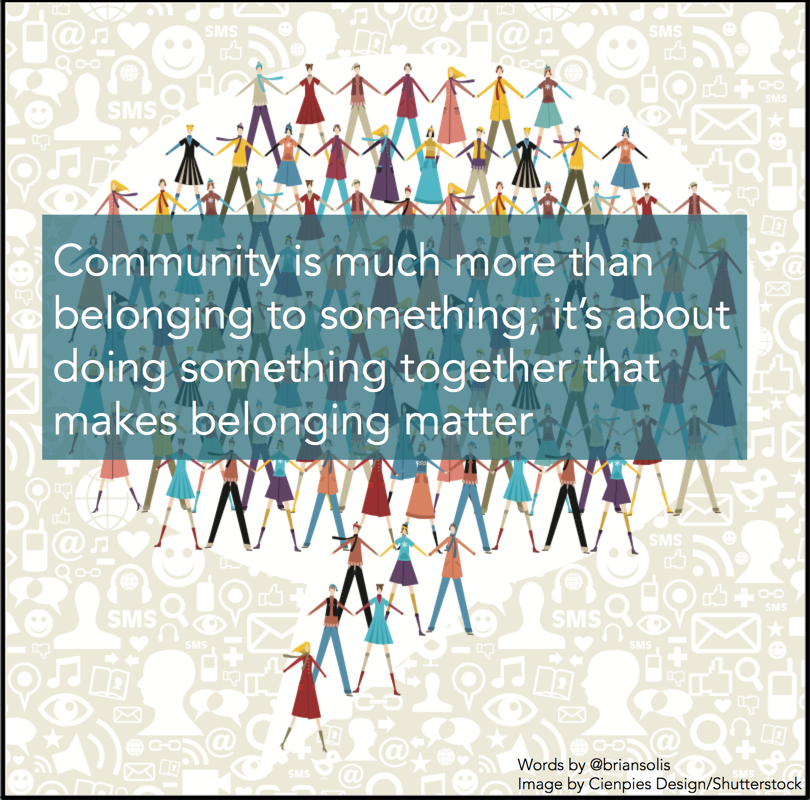Differentiated Leadership
- Maria Lopez
- Apr 11, 2023
- 2 min read
Updated: Apr 26, 2023

"If your actions inspire others to dream more, learn more, do more, and become more you are a leader."
John Quince Adams
Most of us have been exposed to many crucial conversations throughout our life, and we often avoid or handle them poorly. Some of us do not like confrontation, and we get very emotional when facing differences in opinions, especially when the stakes are high. Learning the theory about the steps for having effective dialogues was very straightforward. The skills of talking, listening, and acting together are learnable, and with practice, we can master them. The authors of crucial conversations recommend starting with heart and focusing on what we really want. They recommend recognizing when safety is at risk. When a discussion becomes stressful, we often do the opposite of what works. Make a conversation safe by considering the mutual purpose and mutual respect. Speak persuasively instead of abrasively. When emotions keep you silent or violent, the author recommends getting in touch with your feelings and learning to identify the emotions behind your story. State clearly our point and explore other points. Finally, move to action by determining who does what by when and setting a follow-up time. The most challenging part of the process is trying to understand other people's assumptions or opinions when experiencing strong emotions.
According to the video, "Friedman's Theory of Differentiated Leadership Made Simple," effective leaders must regulate their responses. Successful leaders understand how emotions and actions affect the people around them, so they manage their impulses. Self-differentiated leaders are equivalent to the emotional immune system of the organization because they understand the importance of limits. They can be empathetic without losing sight of their emotional needs and connect with people without losing their identity.
When poor self-differentiated individuals get together, emotional triangles are formed and can develop toxic and harmful patterns in organizations. They are like viruses and can impact your efforts to bring about change.
This video makes me think about my innovation plan and my role as a leader. Some people can react negatively to what I stand for and then begin a campaign of sabotage to draw attention away from the mission.
According to Friedman, an effective leader should expect to be attacked due to their leadership; sabotage is a sign that the leader is doing the right thing. The key to leadership success is the not anxious response from the self-differentiated leader. Effective leaders resist being in a triangle and influence others to take responsibility for themselves. They develop healthy differentiation and autonomy among individuals in their organizations.
Both strategies are essential when considering my innovation plan, but I must focus on crucial conversations first. To be a differentiated leader, I need to learn how to dialogue effectively.
References
Patterson, K., Grenny, J., McMillan, R., & Switzler, A. (2002). Crucial conversations. McGraw-Hill Contemporary.
Friedman's Theory of Differentiated Leadership Made Simple
https://youtu.be/RgdcljNV-Ew
Image
https://www.dreamstime.com/leadership-word-cloud-blue-background-image158104755




Comments